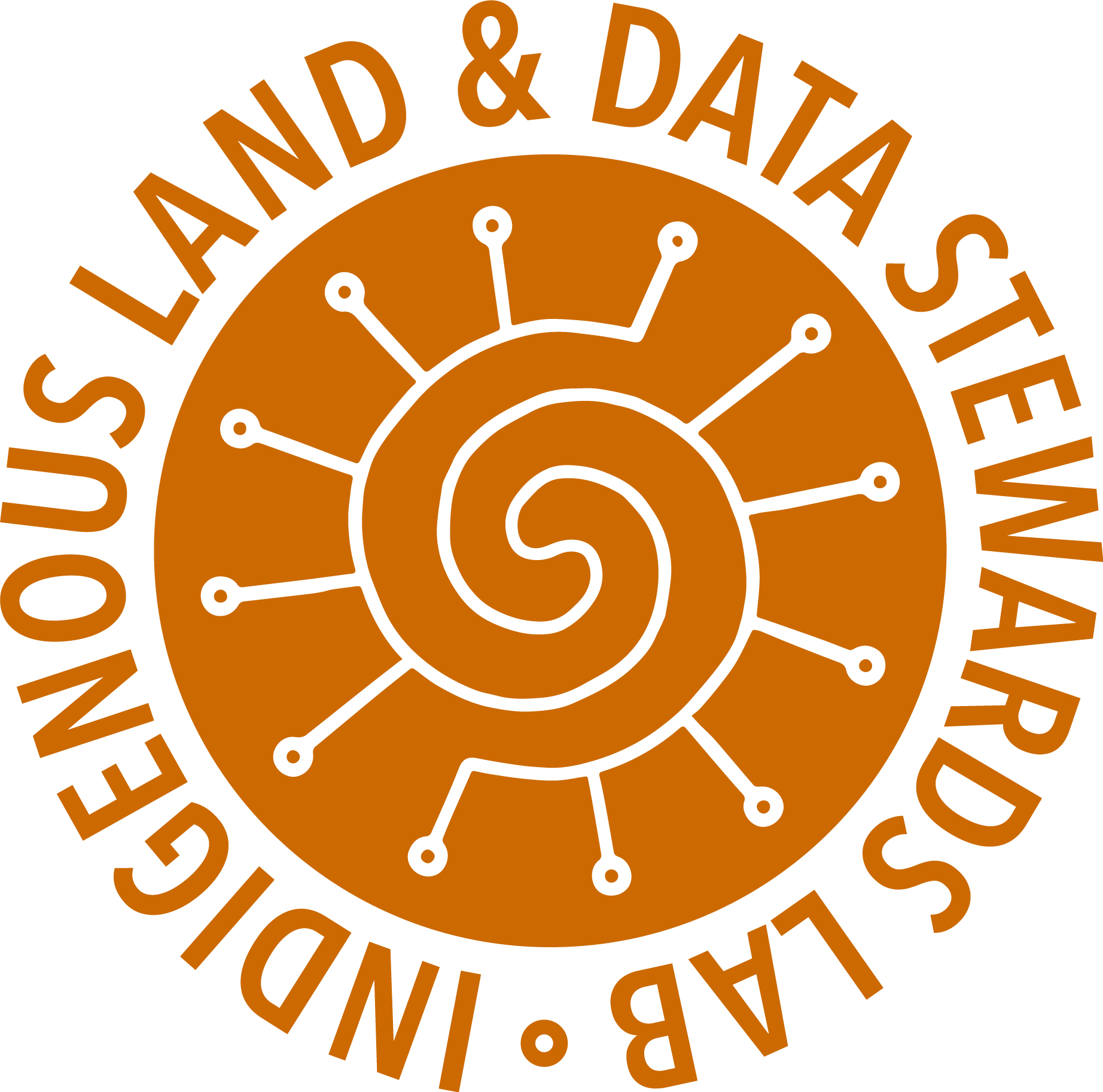Despite a growing global recognition among researchers and resource managers of the value of Indigenous knowledge and practices for enhancing human capacity to adapt to climate change, we face historic inequities that hinder cross-cultural knowledge exchange and innovation. This includes a tendency towards extractive research, accessing Indigenous knowledges without regarding Indigenous decision-making needs, sovereignty, or rights for self-determination.
Our project aims to address these inequities and serve societal needs by providing practical pathways for shifting from extractive to Indigenous self-determined research, effectively reducing barriers for Tribal governance and knowledge exchange in climate adaptation. We aim for outputs generated from this project to serve as culturally-responsive, evidence-based resources to effectively enhance the capacity of researchers, managers, and decision-makers working on climate adaptation initiatives that engage Indigenous knowledges, and serve to strengthen inter-Tribal and Tribal/non-Tribal partnerships.
This study draws from previous work by David-Chavez assessing Indigenous engagement in climate research, which can be found in link below.









